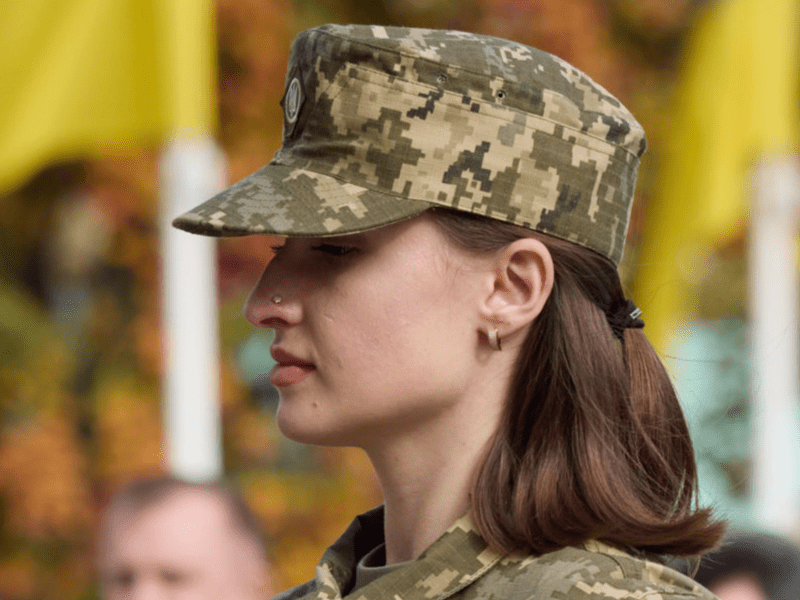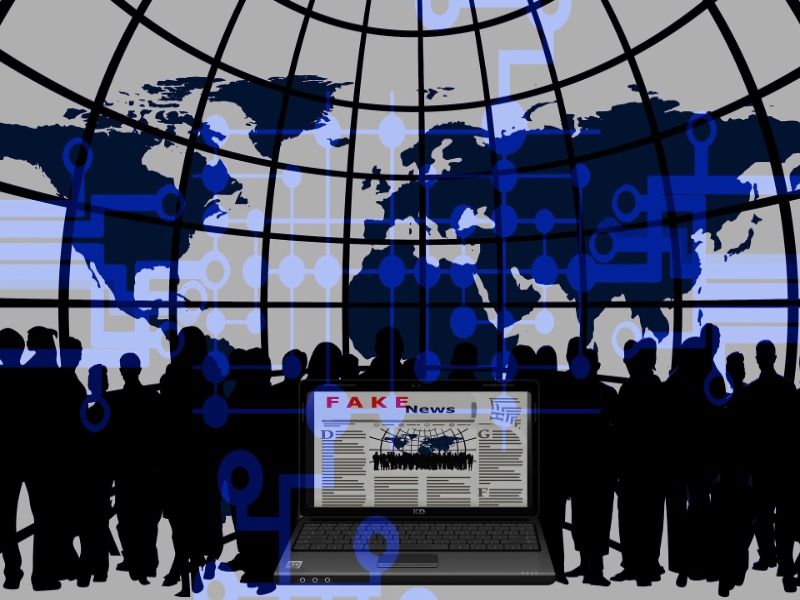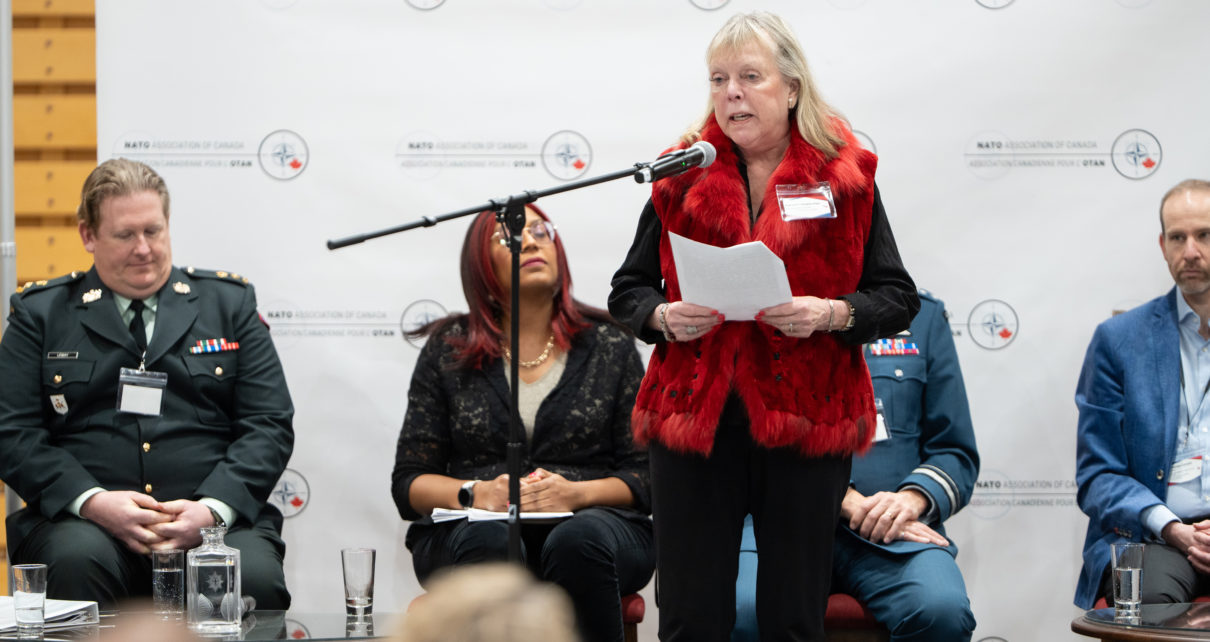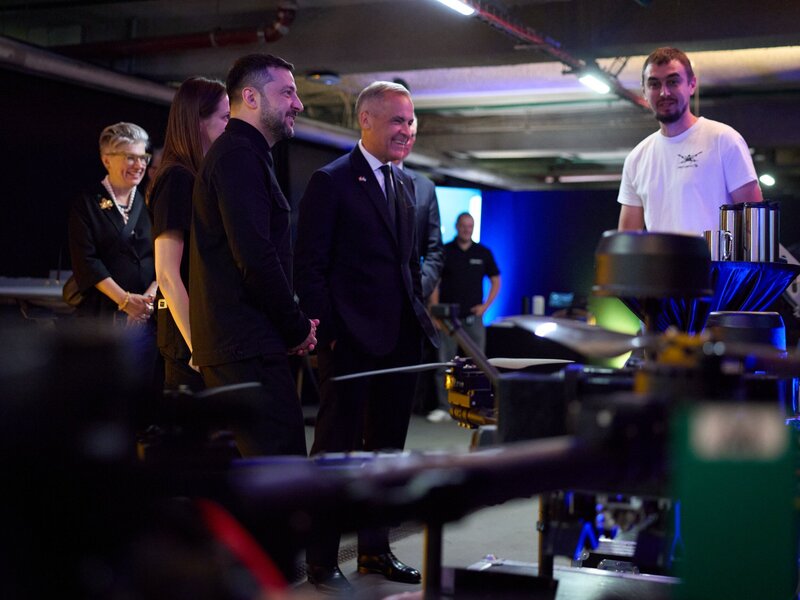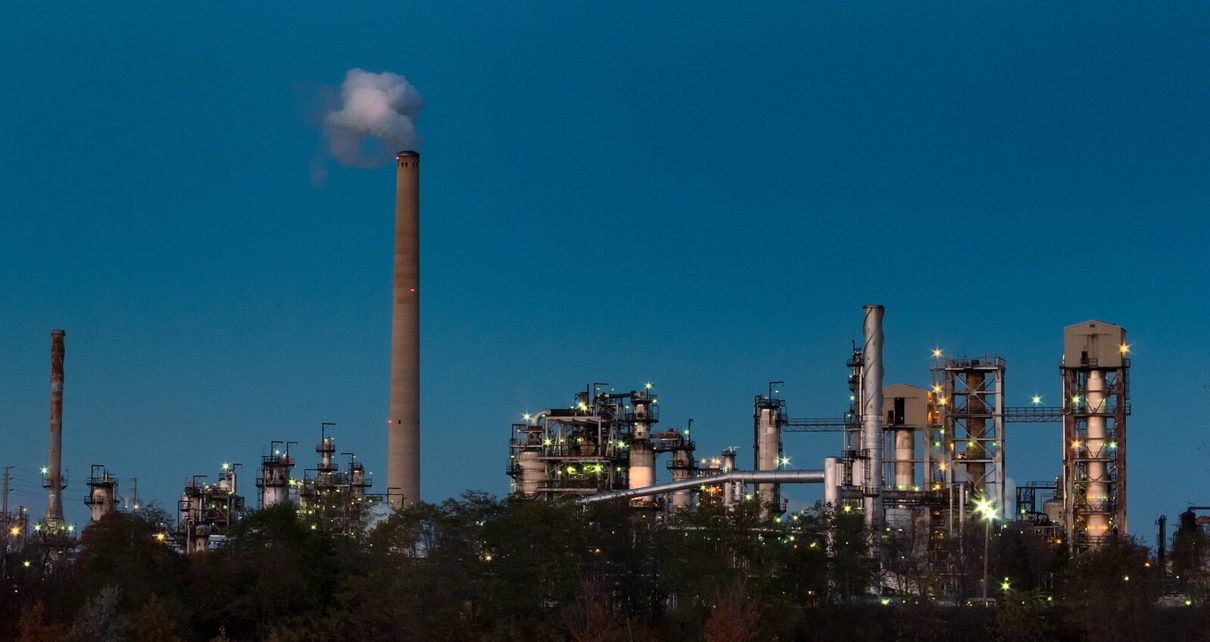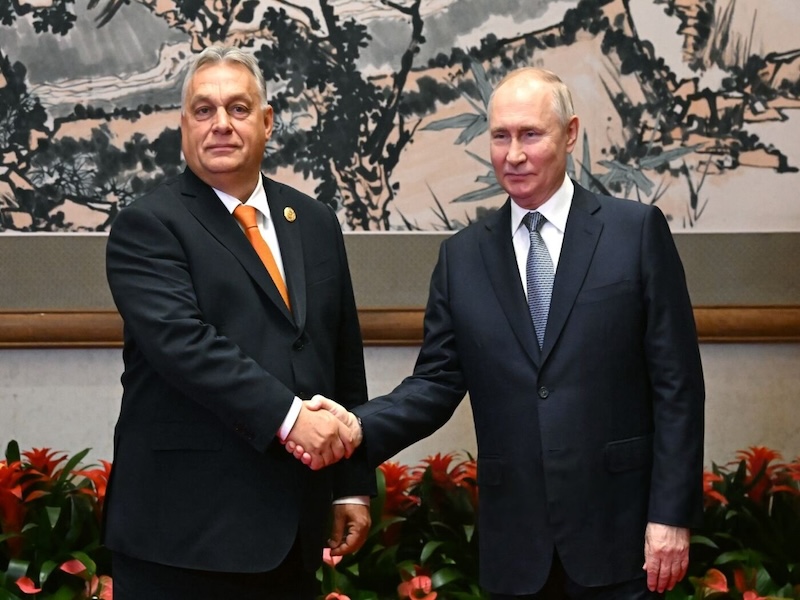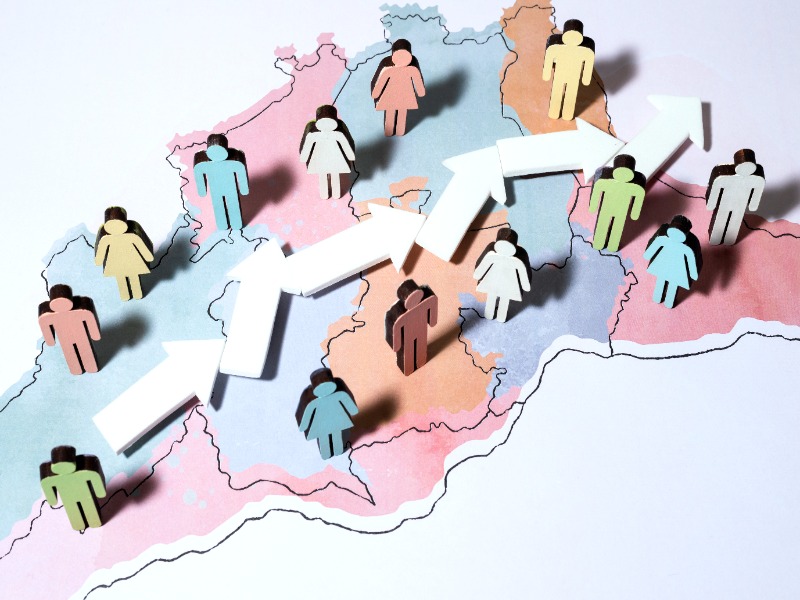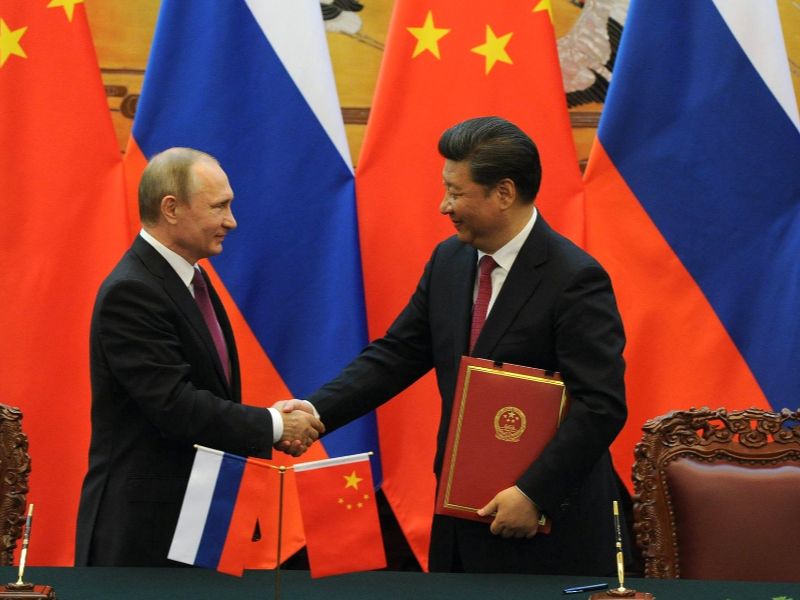WPS policies are often disregarded when matters deemed of higher priority emerge, despite NATO’s high engagement of WPS values through public diplomacy, military, and political means. Russia’s invasion of Ukraine has posed the biggest security crisis to NATO in decades, and considering the gendered dimensions of the war, which has seen high rates of sexual and gender
based violence, NATO’s limited WPS response leaves the future of the Agenda in question. As a core tenet of NATO’s values, WPS must not be disregarded; member states that have adopted FFPs, such as Canada, should continue to drive the WPS agenda forward. This article makes key recommendations, including shifting to a human rights-based approach (HRBA) and employing more intentional language in operational directives, to support Ukraine’s current WPS policies.
Tag: Ukraine
How Fakes Become Facts In Three Steps
Disinformation does not always need trolls or hackers. Sometimes it only needs an algorithm. Build fake sites, get them indexed, and boost them through social media and AI. That simple formula can turn fiction into something that looks like fact. “You can’t outshout disinformation. You have to outsmart it,” says Viktoriia Romaniuk, Deputy Editor of Read More…
Canada’s $200 million aid package to Ukraine: Geopolitical and Domestic Implications
Canada’s $200 million contribution to NATO’s Ukraine arms program highlights a growing commitment to deterrence amid shifting alliance dynamics. This analysis by Emma Zhang examines the geopolitical calculations behind the aid and the trade-offs it entails
Unmanned Horizons: The Future of Aerial, Land, and Naval Drones
This event report describes…
Canada’s Military Assistance to Ukraine in 2025: Key Trends
In 2025, with the start of Donald Trump’s second U.S. presidential term, Ukraine faced a dramatic shift in the American position on providing it with direct military support. The United States — previously Ukraine’s main supplier of military equipment, covering roughly 30% of Ukraine’s defence needs — has now completed the delivery of aid packages approved under Read More…
Special Report: The Case for Canada to Become an Allied Energy Superpower
Introduction The 2022 Russian invasion of Ukraine has forced NATO to acknowledge the weaponization of energy. Electric grid coercion, gas cut-offs and cyber-intrusions into critical energy infrastructure and pipeline flow manipulation all represent core structural vulnerabilities of the European security architecture. NATO has responded by moving energy security from the periphery of its security planning Read More…
Fractures in Unity: Hungary, Slovakia, and Europe’s Energy Future
As Canada seeks to strengthen its ties with the EU, how does division in European energy policy and broader support for Ukraine affect transatlantic unity? In this article, our Junior Research Fellow Angelina Smolynec unpacks pipeline politics and explains why Hungary and Slovakia have deepened their ties with Moscow, while most of the EU has committed to phasing out Russian fuel.
From Kyiv to Taipei: Why the Russian-Ukrainian War Matters in the Indo-Pacific
Alexander Morrow and Nataliia Dikalchuk explain why Ukraine’s fight matters far beyond Europe. The war is reframing deterrence in the Indo-Pacific, prompting Taiwan to prioritize self-reliant defence and pushing China to reassess Western unity. Their analysis highlights how democratic resilience in one region shapes security calculations in another.
Canada at the Crossroads: Disinformation as a Domestic Security Challenge
Canada’s greatest security risk may not lie at its borders but in its news feeds. That might sound like a dramatic statement, yet the danger is not abstract. It lives in the information Canadians scroll past each day, in the stories they share, and in the narratives that seep in unnoticed. In a country that Read More…
China’s Calculated Partnership: Decoding Beijing’s Alignment with Russia and NATO’s Strategic Response
In “China’s Calculated Partnerships: Decoding Beijing’s Alignment with Russia and NATO’s Strategic Response,” Daniel Lincoln argues that Beijing’s support for Moscow stems from insecurity, not ideology, and that misreading this dynamic risks hardening a fragile partnership. The piece calls for a strategy of restraint and engagement – one that deters aggression while offering China reasons to distance itself from the Kremlin.

